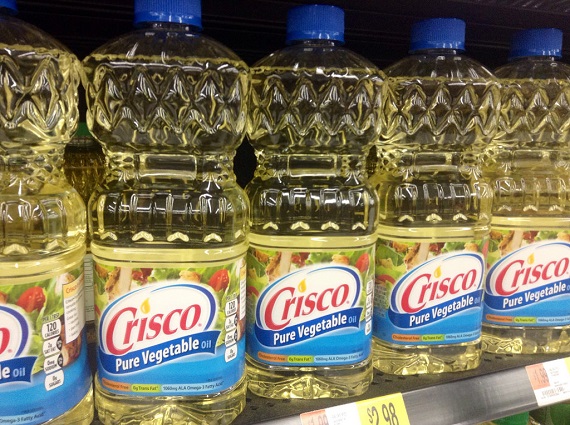


Australia's most comprehensive organic and natural directory
Blog / Food
29 Feb 20167 Food and Drinks That Seem Healthy but Are Not

Food brands and advertisers spend a lot of time creating packaging and wording that make people want to buy their product over the thousands of others that are available to us on supermarket shelves. Phrases such as “low-fat”, “fat-free”, “low-calorie”, “low-carb” and others, make us think we are leading a healthier lifestyle than we actually are.
Most people don’t realise that many of these so-called health foods which are marketed as nutritious, are quite the opposite and some are packed with sugar, preservatives, colourants, flavourants, trans-fats and other chemicals.
Here are the top 7 foods that people commonly think are healthy but are not.
Gluten-free foods
Most people believe that if a food is labelled as “gluten-free” this automatically makes it healthier than foods that contain gluten. While many people do have an issue with digesting gluten, most gluten-free products are made with refined carbohydrates which have a negative blood sugar impact.
If you want to eat a gluten free diet try to stick to foods that are naturally gluten free, like vegetables, fruit, grass-fed meat, legumes and others.
Breakfast cereals
Breakfast cereals are often advertised as being packed with fibre, energy-rich and fortified with nutrients. Most commercial cereals are loaded with refined carbohydrates, sugar, flavourants, colourants and usually cause a spike in blood sugar which leaves us feeling hungry again.
If you enjoy breakfast cereal then try to eat unrefined oats with a handful of nuts and fresh berries.
Sports drinks
Athletes, gym-goers and people who enjoy exercising for recreation often buy expensive sports drinks and think that they need to replenish their body with electrolytes after every workout. These kinds of drinks are packed with sugar, colourants, flavourants and other chemicals.
Unless one is partaking in intense endurance exercise, water is the best drink to consume during and after a workout.
Flavoured yoghurts
Commercial yoghurts have been highly processed to include sugar, additives and flavourants and this process also destroys the beneficial bacteria present. Yoghurt in its natural unflavoured and unsweetened state with plenty of probiotic bacteria is beneficial and it is the only yoghurt that should be consumed. You can flavour and sweeten this type of yoghurt with fresh fruit or honey.
Low-Fat and Fat-Free Foods
Due to the false fear associated between fat and weight gain, many companies have developed low-fat or fat-free products to appeal to health-conscious consumers. The problem is that when fat is removed from food is tastes very undesirable and it needs a lot of sugar (and usually sodium) to be added. Sugar and high carbohydrate foods cause unwanted weight gain so stick to full-fat products and don’t be fooled by low-fat marketers.
Fruit Juice
While the idea of fruit juice conjures up the idea of vitamins, minerals, antioxidants and colourful fruit, many commercial fruit juices contain very little actual fruit. They are full of sugar, flavourants, preservatives and perhaps a small percentage of real fruit with the fibre removed.
Vegetable Oil
Seed and vegetable oils are polyunsaturated fats which damage easily when exposed to air, light and heat. For this reason it is very unhealthy to consume vegetable oils that are contained in packaged food and when cooking. You should use coconut oil, olive oil and grass-fed butter instead. You can use seed oils if you are sure that they are cold-pressed and kept in an air-tight dark bottle.
Sources
http://authoritynutrition.com/15-health-foods-that-are-really-junk-foods/
http://www.bodyandsoul.com.au/nutrition/nutrition+tips/8+foods+that+appear+healthy+but+arent,39487








